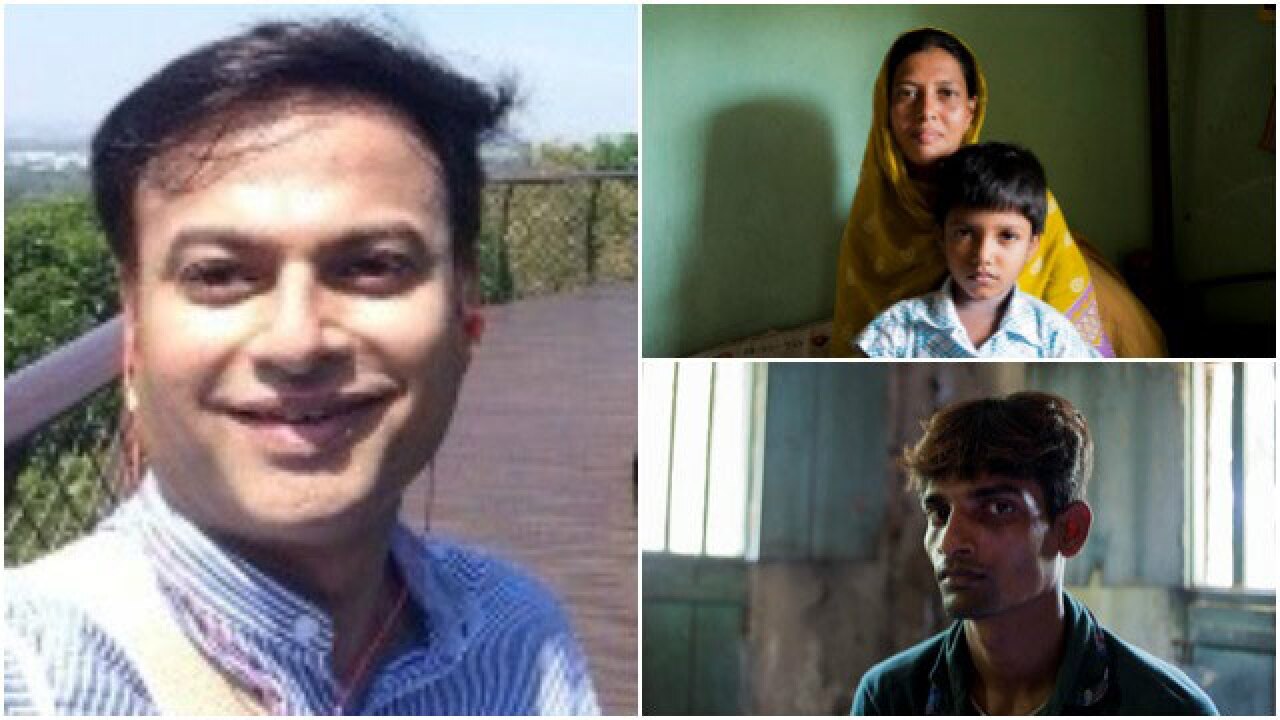
There's a disease that kills close to 1,000 Indians every day, and guess what, it is curable. Yet despite the cure, Tuberculosis diagnosis and treatment remains one of the most traumatic experiences of a patient's life, made worse by the stigma attached to the disease.
With his book 'Voices of MDR-TB,' health writer and TB activist Chapal Mehra tells the story of those who have survived the curable but contagious disease from their point of view. A collection of patient stories from across the country, the book is meant to highlight the experiences of the biggest stakeholders in the fight against TB - the patient's themselves.
Mehra spoke to dna on the need to deal with TB on a war footing.
I have been working in the public healthcare sector for Tuberculosis for around six to seven years now. One of the things that bothered me was that there were no stories about survivors. In TB we keep talking about technical issues and the drug regimens. It is important to get people who have survived TB to tell us what the experience was like for them.
One of the stories in the book is of Deepti Chavan who is now a patient advocate. She was very young when she had TB and was misdiagnosed several times. She now writes and speaks about her experience in public forums. Stories like her's are none of the usual jargon.
The patients profiled are from all over the country – Mumbai, Chennai, Kolkata. The stories are about the survivors. These are the people who worked really hard but the system is very unsympathetic to them. We looked for stories that had human grit in them.
I travelled across the country and got a group of young photographers to click the pictures. That is how it all came together. It was very interesting for me as a writer as well. I tried to observe things around them as I interviewed them and incorporated the details in the stories.
We have done nothing to deal with the stigma associated with the disease, there have been no stigma reduction programmes. Nobody is willing to admit that they survived TB. For women the stigma associated with the disease is a huge problem. The burden falls squarely on the individual and the family members.
The fact that you don’t have to do anything to contract TB is often lost.
The chances of a women having access to good healthcare is even low. Most of them ignore their symptoms for the longest time. There is a notion that TB and fertility are linked which is not necessarily true. There were patients who refused to be documented and hence are not there in the book. There was a 24-year-old TB survivor from Kolkata whose father was worried that she will not get married if people find out about her TB. Many women have to hide the fact that they are seeking treatment as they fear stigma.
The role of the family is very important in TB treatment. They don’t understand much about the disease and the worst part is that the families are never counselled properly. There is a story of a young boy from Kolkata Zakir whose brothers did not let him enter the house for almost a year. He was made to sleep outside their hut.
You need to address TB like HIV is addressed - on a war-footing. 60% of the patients never go to the public sector. Government needs to build a better relationship with the private healthcare providers as well.
TB is like a monster that is eating people yet no one seems to see the human side of what the disease is doing to us.